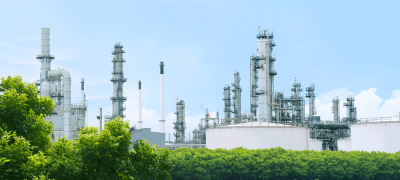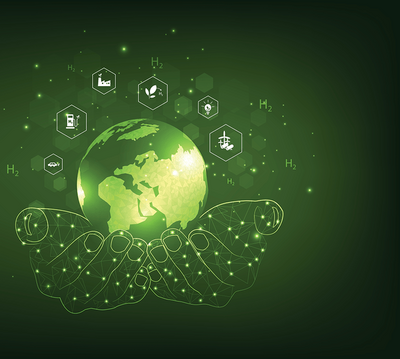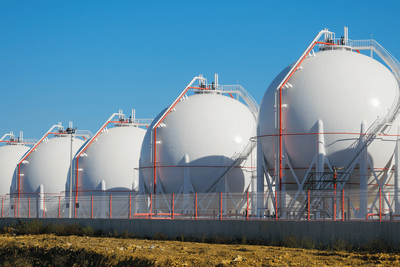
Two case studies emphasize the power of advanced analytical tools in crude compatibility assessment and blend management.
Two case studies emphasize the power of advanced analytical tools in crude compatibility assessment and blend management.
Maximize the success of your CCS projects by understanding how digitalization can transform your CCS operations.
Redefine your refinery as an energy hub through collaboration, sustainable technology and strategies for operational efficiency.
Dive into this eBook for innovative strategies and technologies to revolutionize industrial energy use.
Co-processing vegetable oils with crude fractions introduces new challenges with corrosion. Get an in-depth analysis of these corrosion risks and solutions.
Corrosion management strategies for oil refinery overhead systems are examined in this paper. A case study approach shows how best practices and advanced thermodynamic modeling predicts and mitigates corrosion.
We take a look at the benefits of implementing a site-wide digital twin and share a case study on Saudi Aramco's use of a digital twin.
Find out how cloud-based platforms, real-time optimization, and process digital twins help refiners optimize operations and achieve sustainable growth.
Download the paper to learn the impact of energy management systems for green hydrogen on cost, emissions and efficiency.
Discover how a structured digitalization roadmap and value sustainment strategy are pivotal in maximizing ROI, efficiency gains, and competitive advantage in this evolving refinery landscape.
Discover how two LNG operators improved site efficiency, reduced costs, and complied with environmental regulations by integrating a scheduling and production accounting system with an energy management system.
This paper discusses how IIoT technologies optimize operations to improve efficiency and reliability.










